Welcome to my world of stories.
I’m Jean Bizimana, a Rwandan documentary photographer, visual storyteller, and photojournalist based in Kigali. Through my lens, I capture the resilience, courage, and everyday lives of communities often unseen, documenting human rights, social justice, and cultural identity across Rwanda and East Africa. Photography has taught me to listen, witness, and honor stories with dignity. I invite you to explore my work, discover the moments that reveal hope and humanity, and connect with the stories that inspire me and shape the region.

It All Begins Here
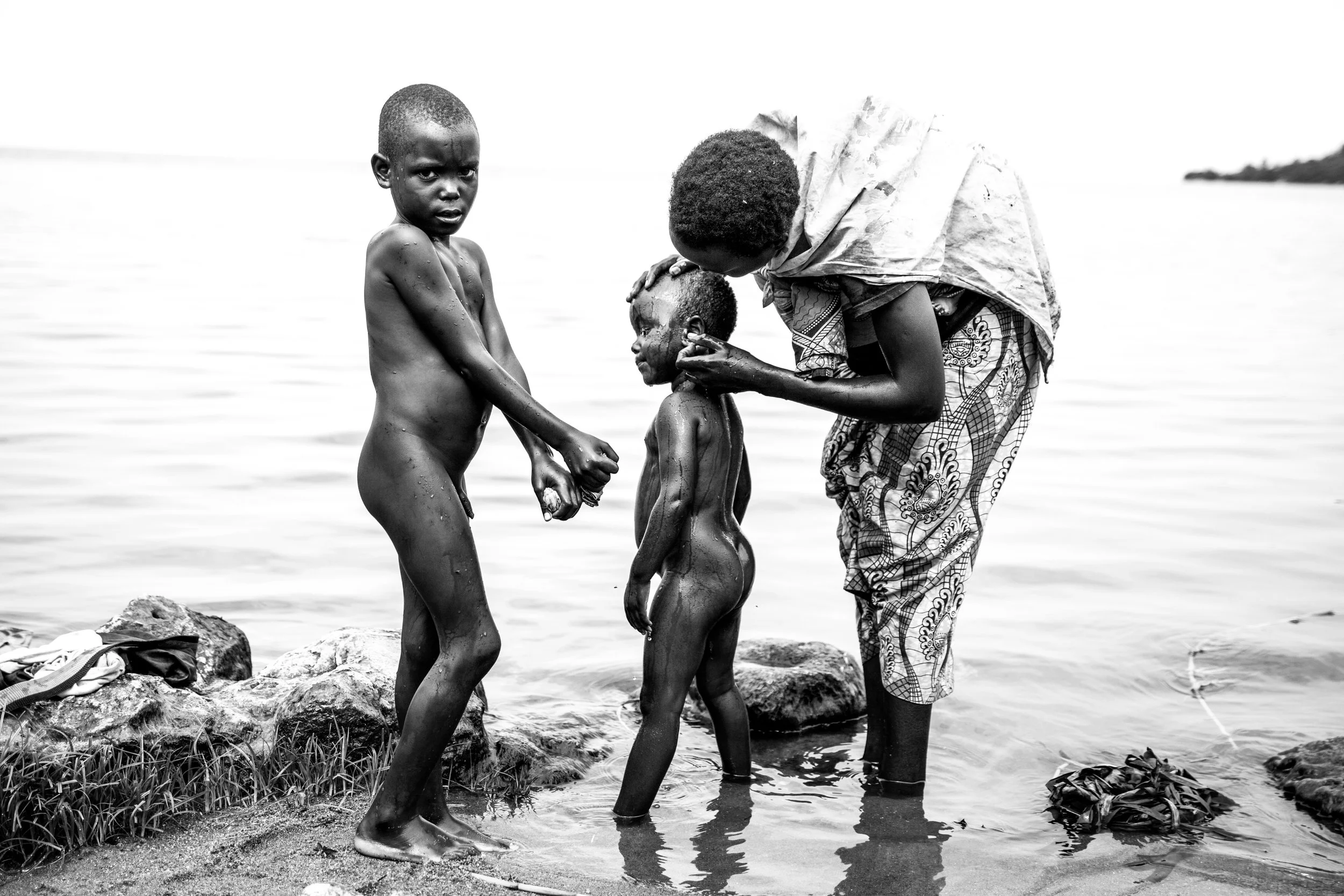
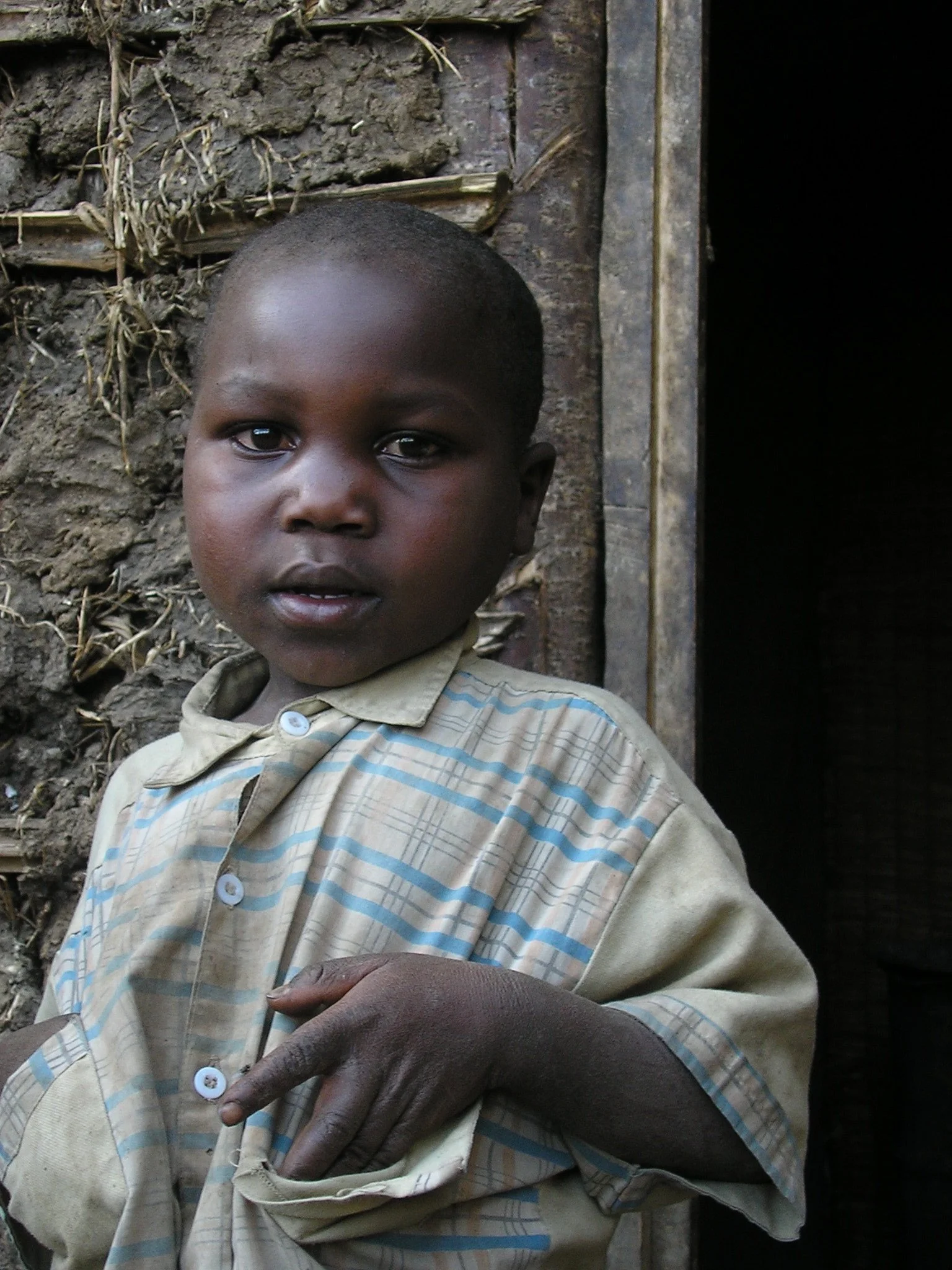
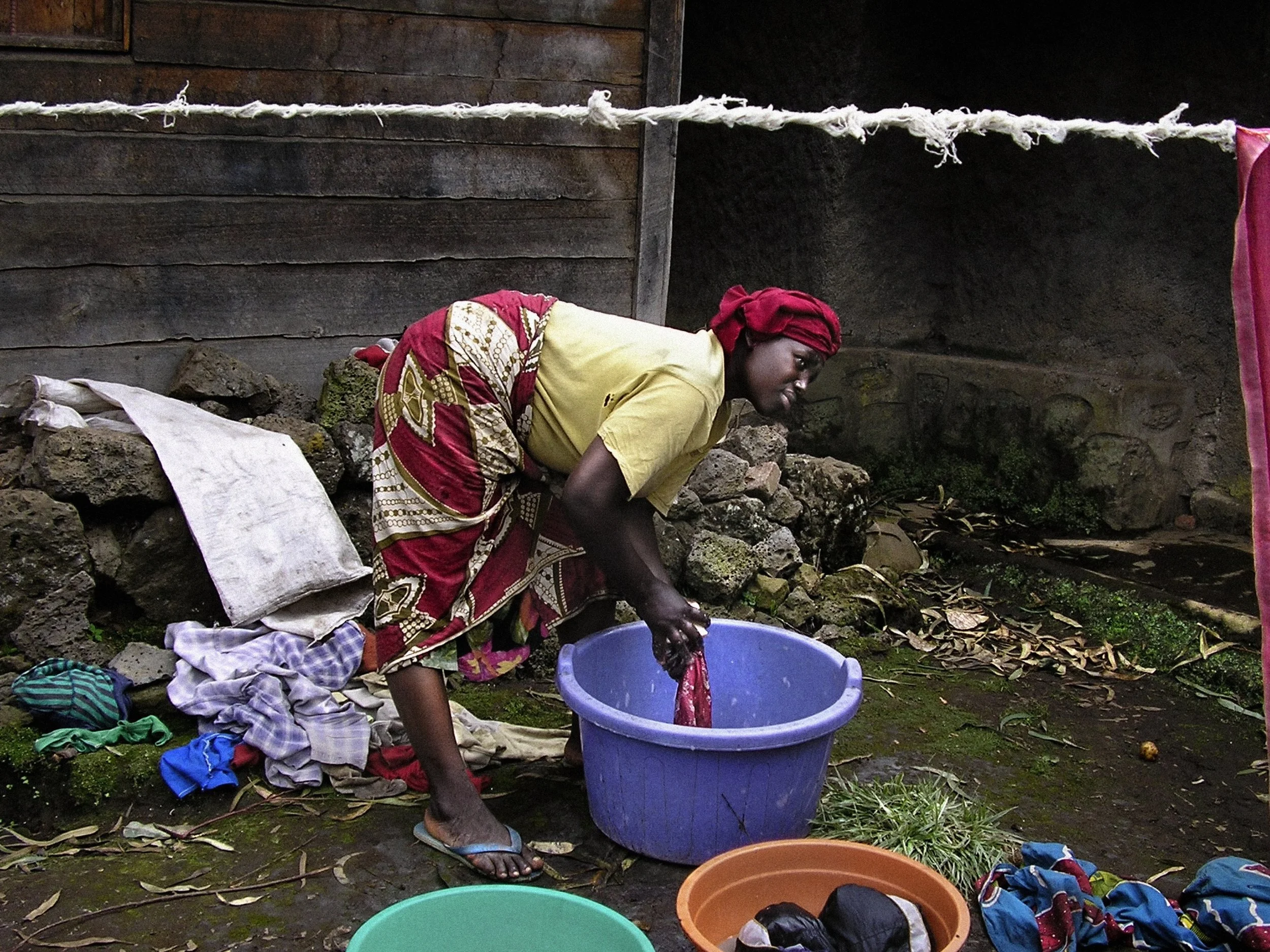
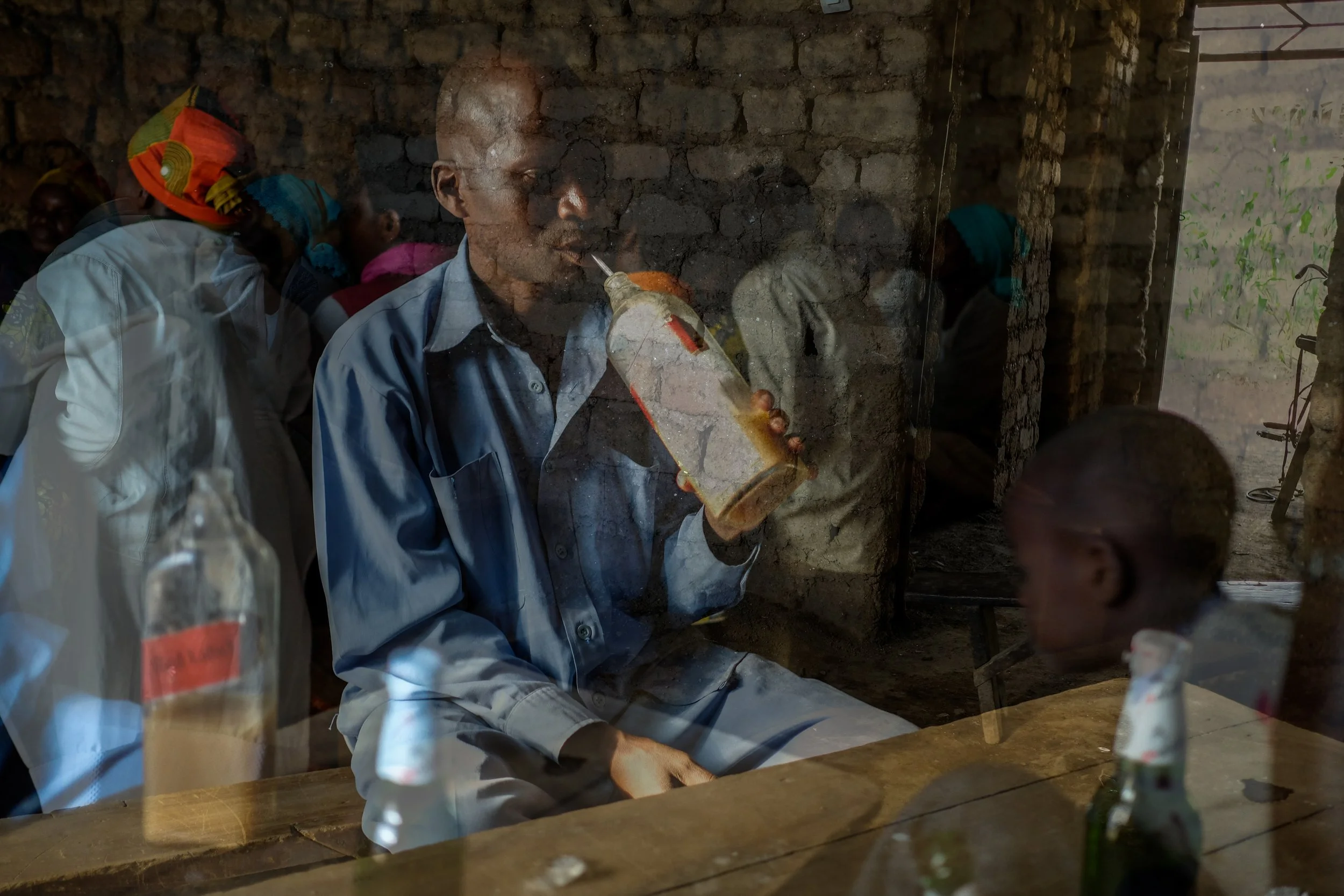
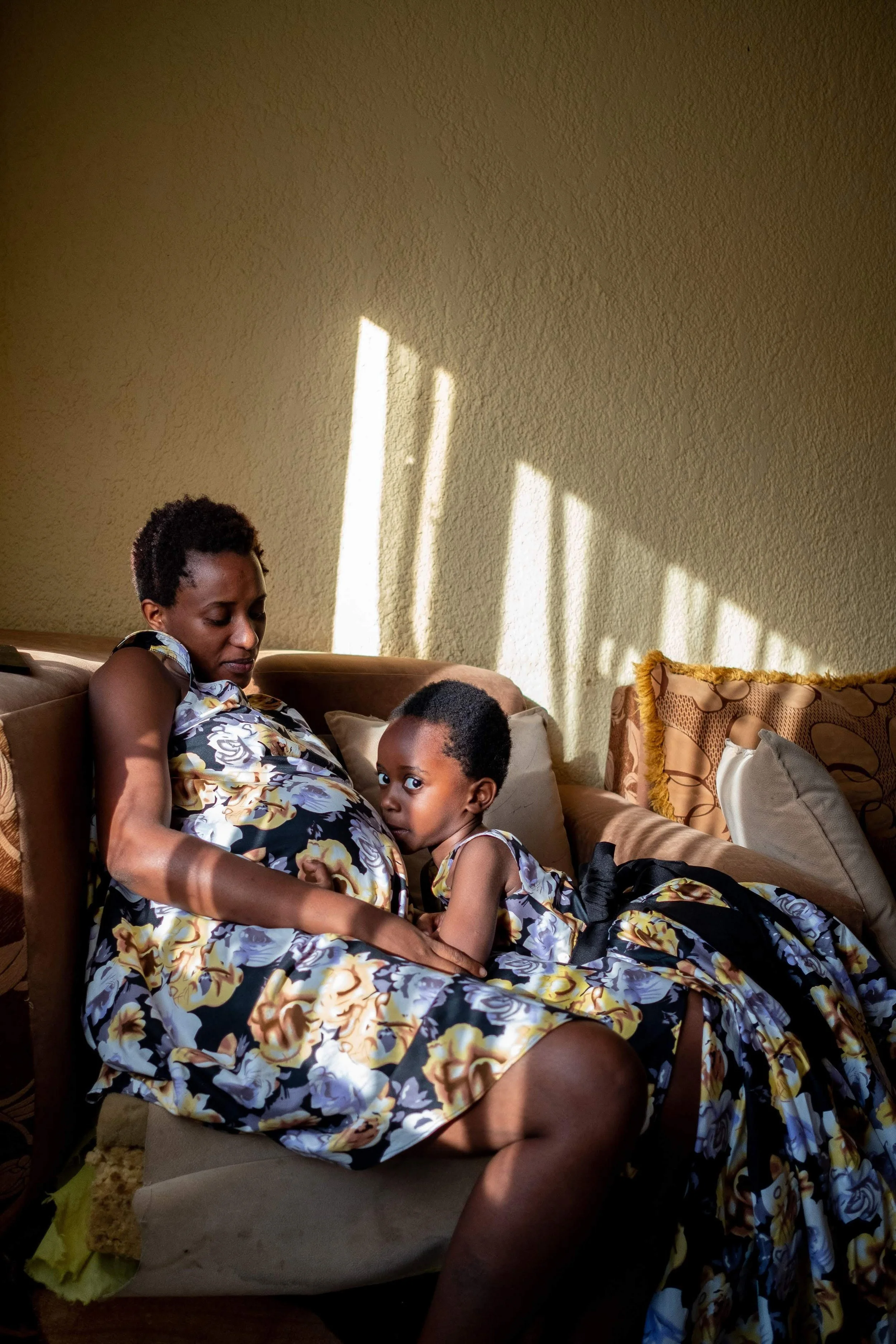
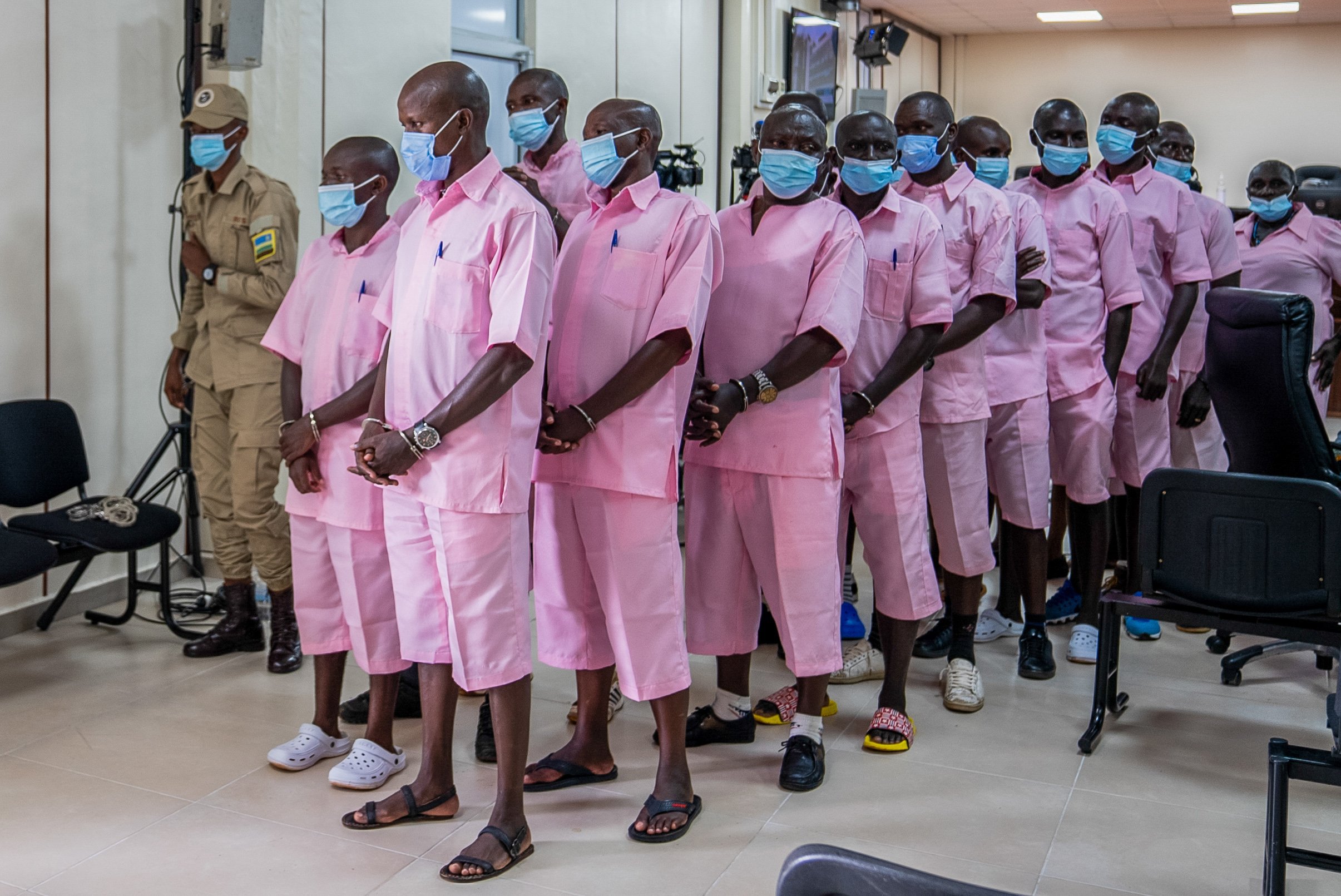
It All Begins Here
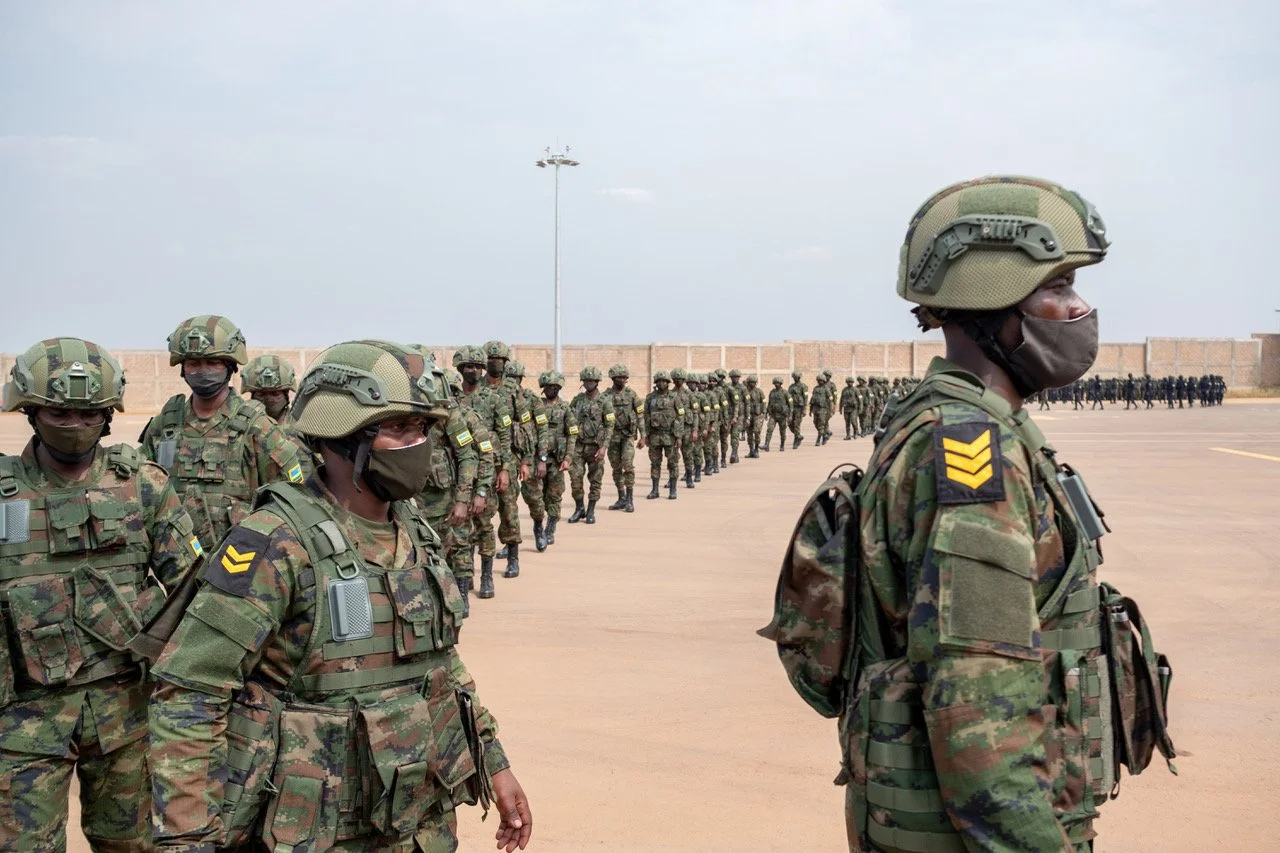
It All Begins Here
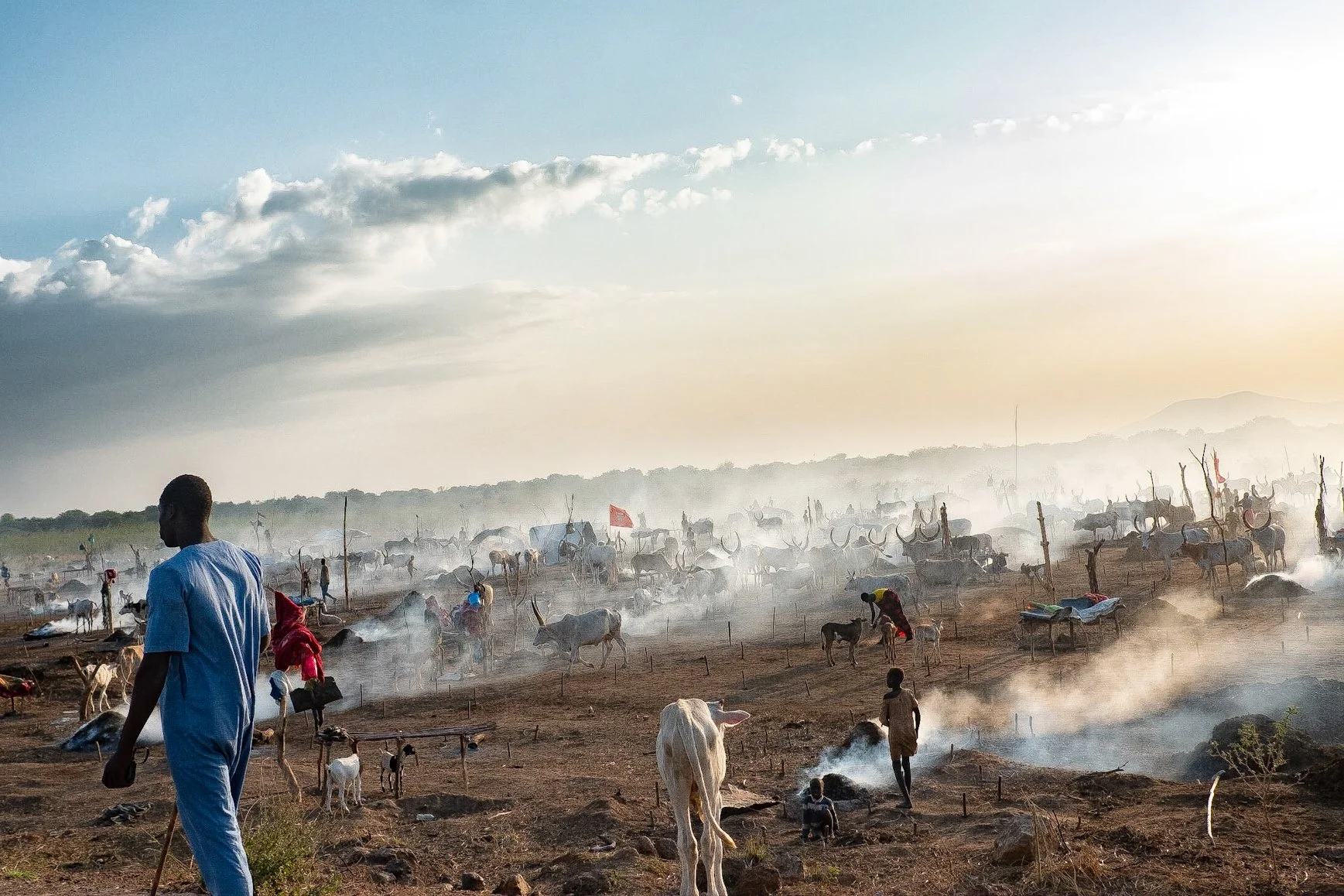
It All Begins Here
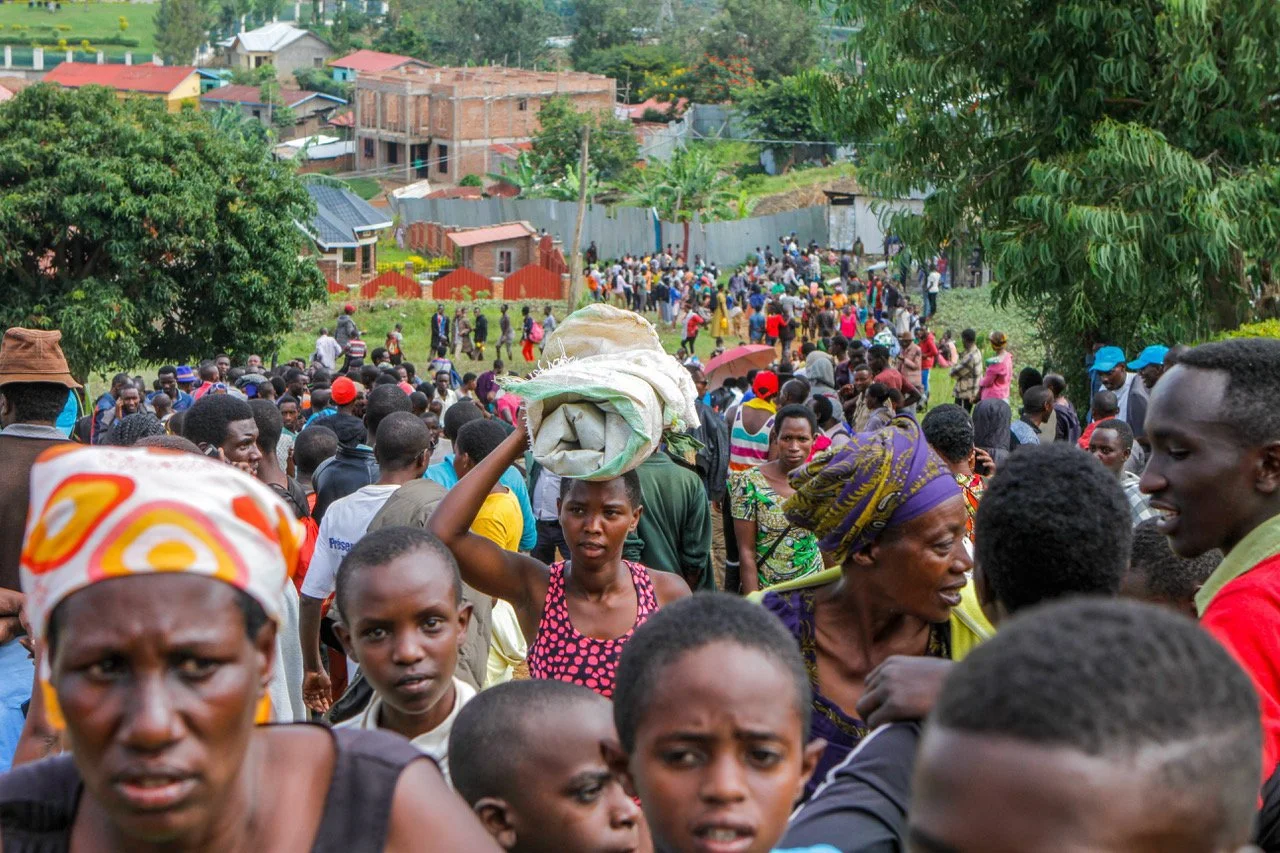
It All Begins Here
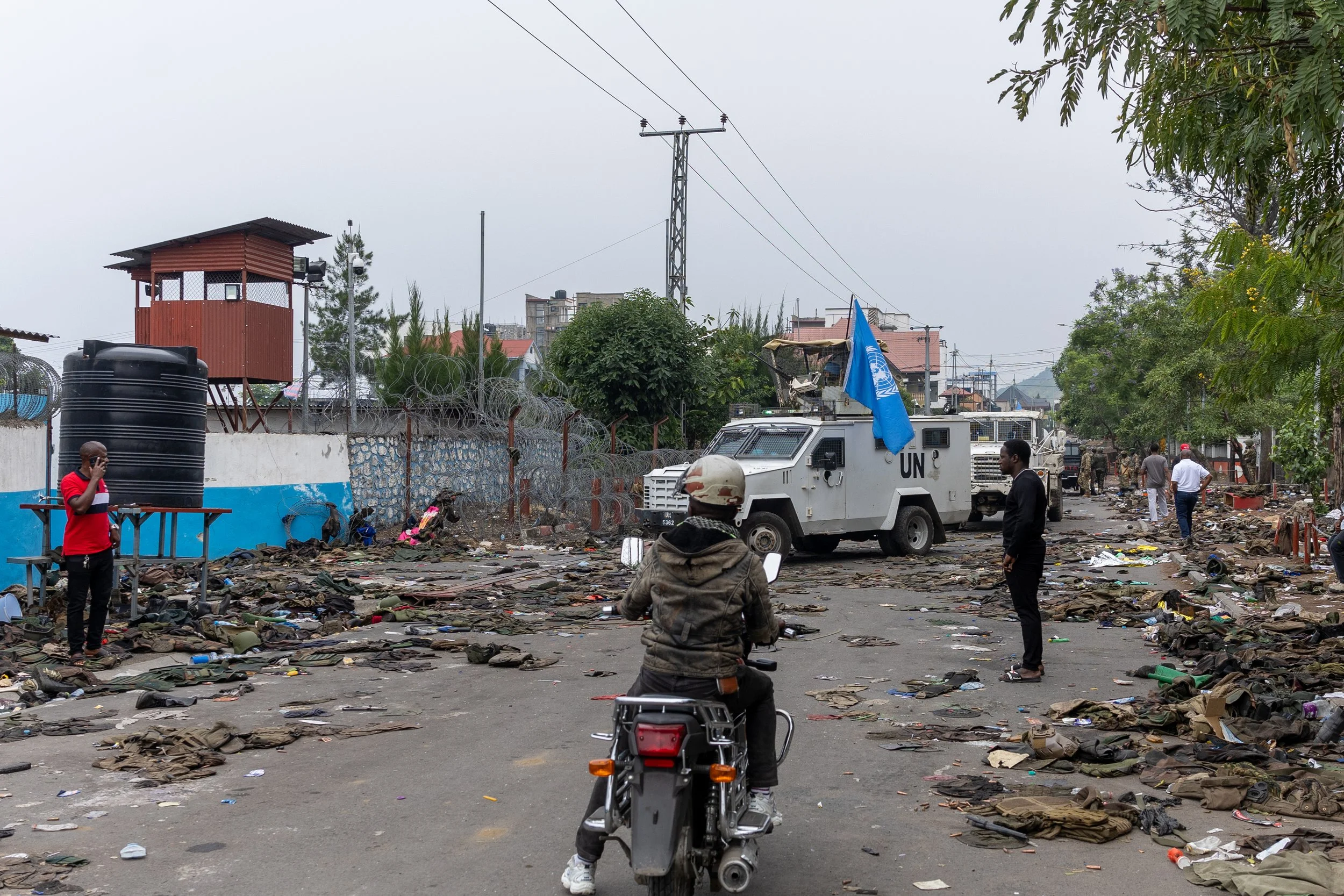
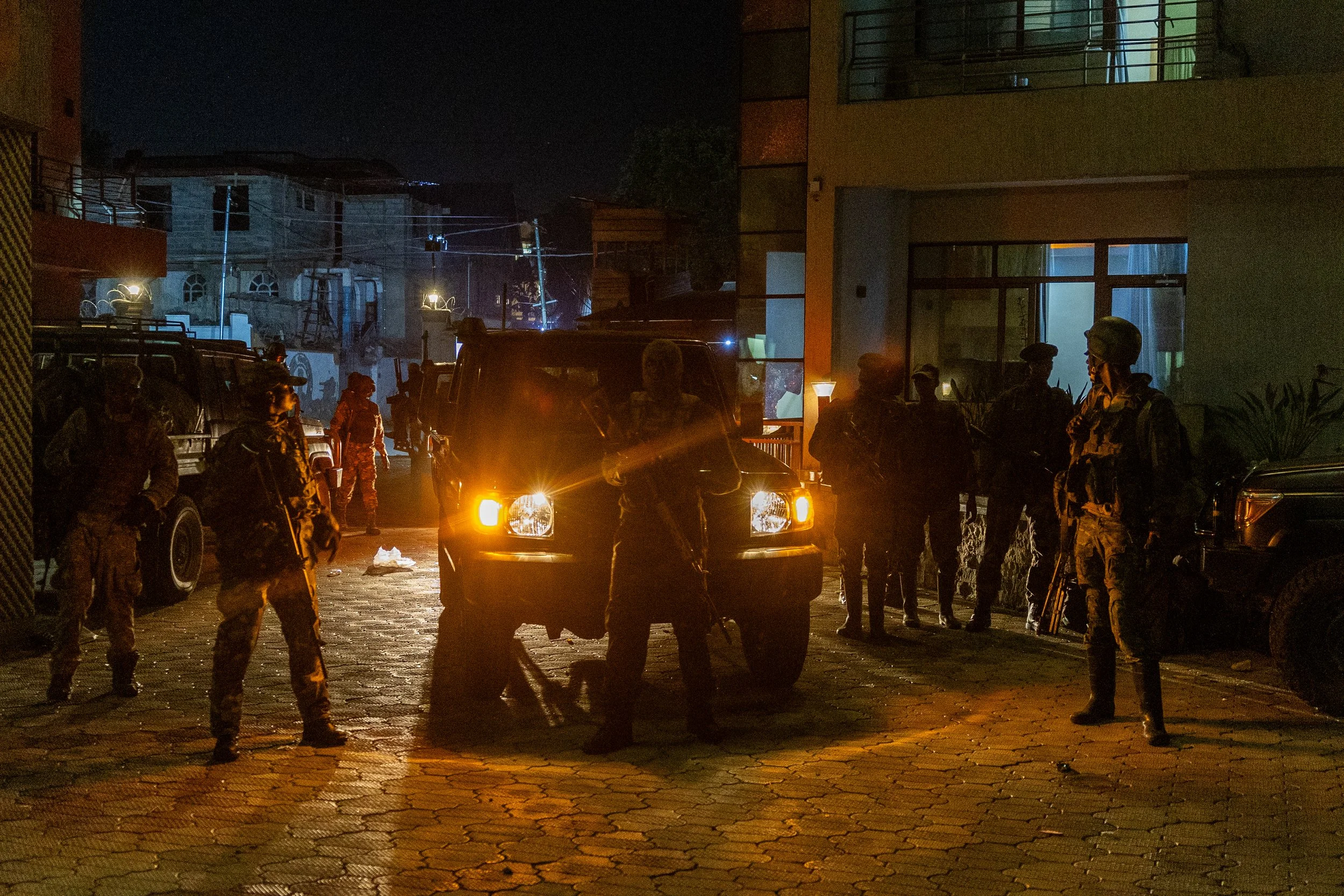
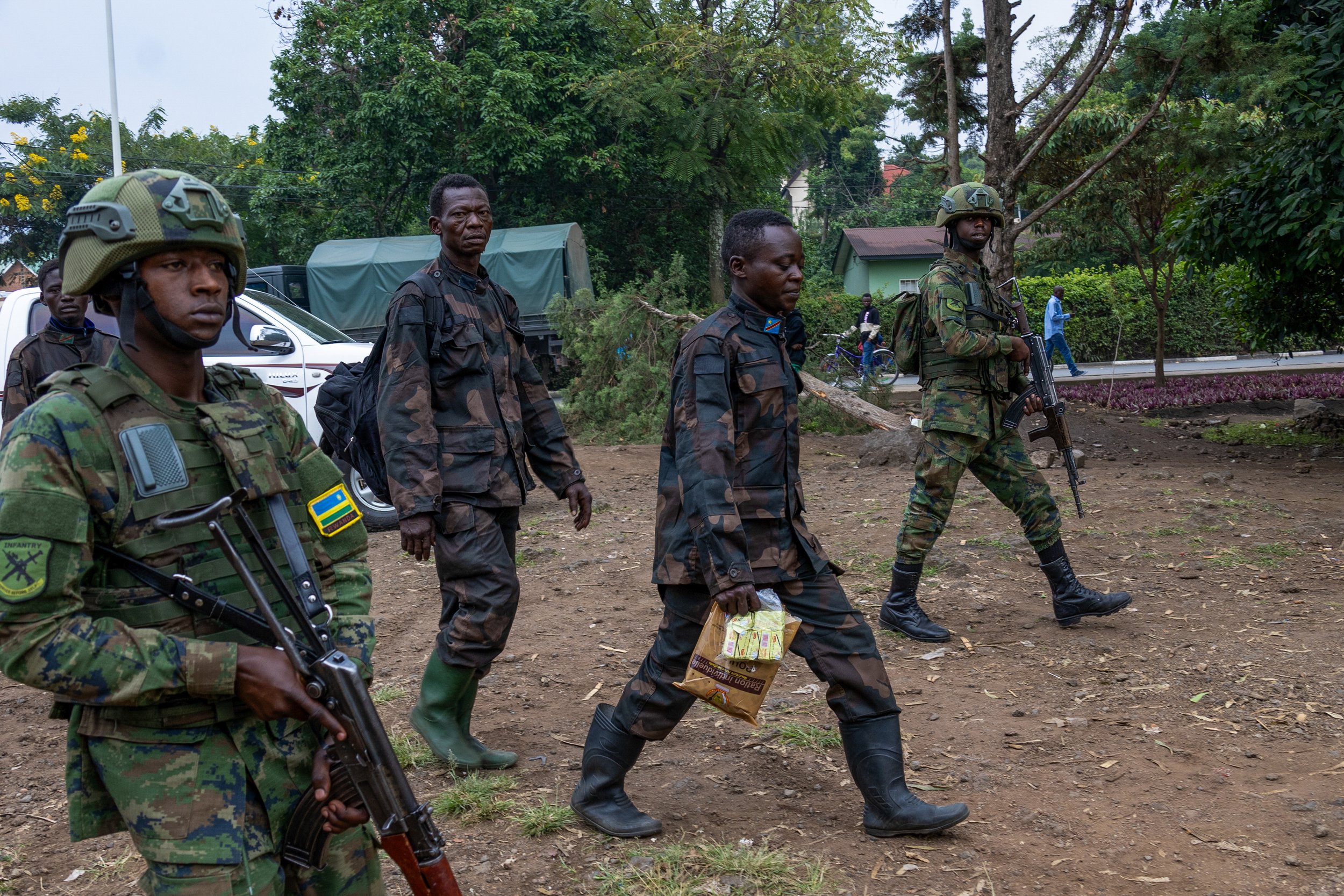
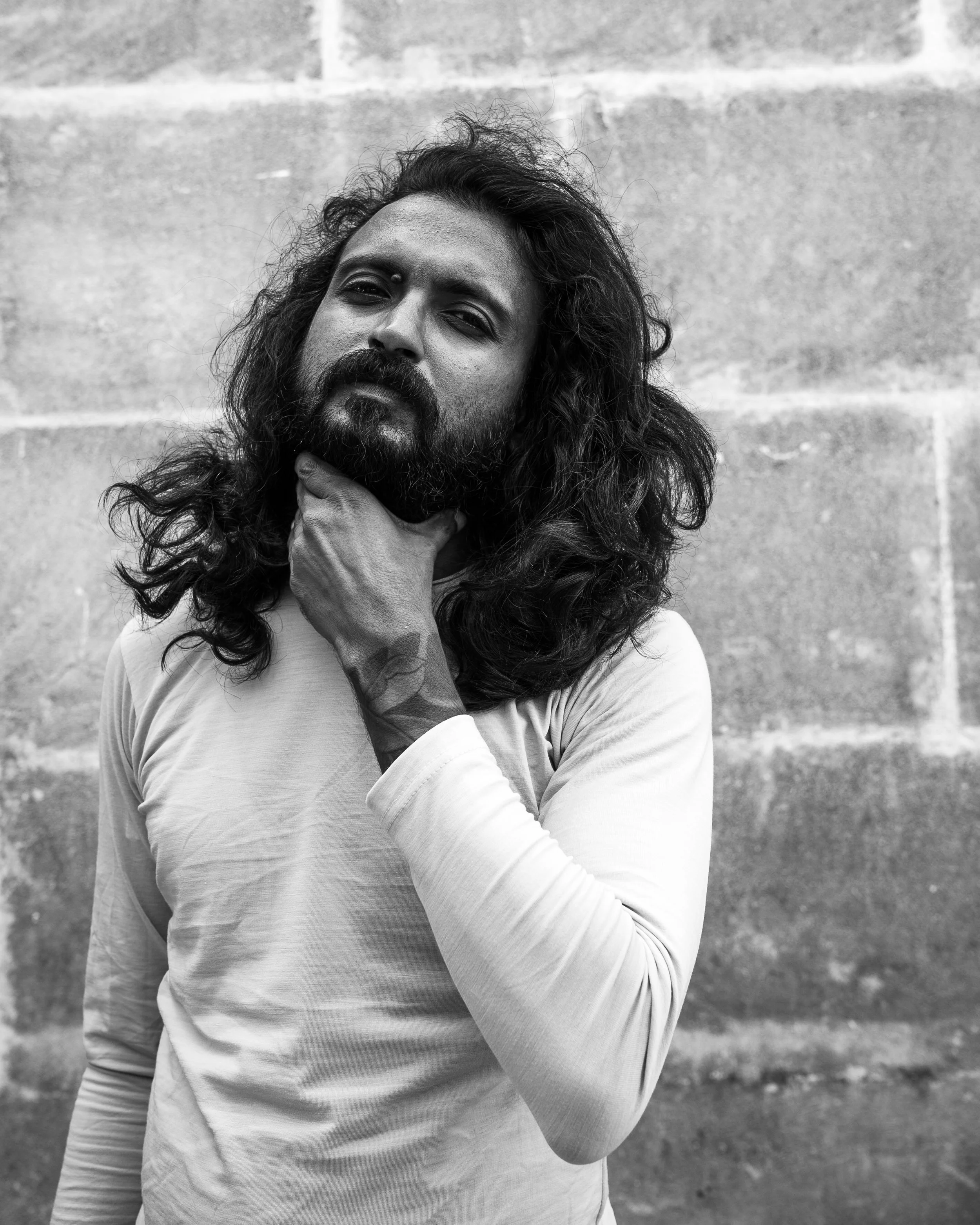
It All Begins Here
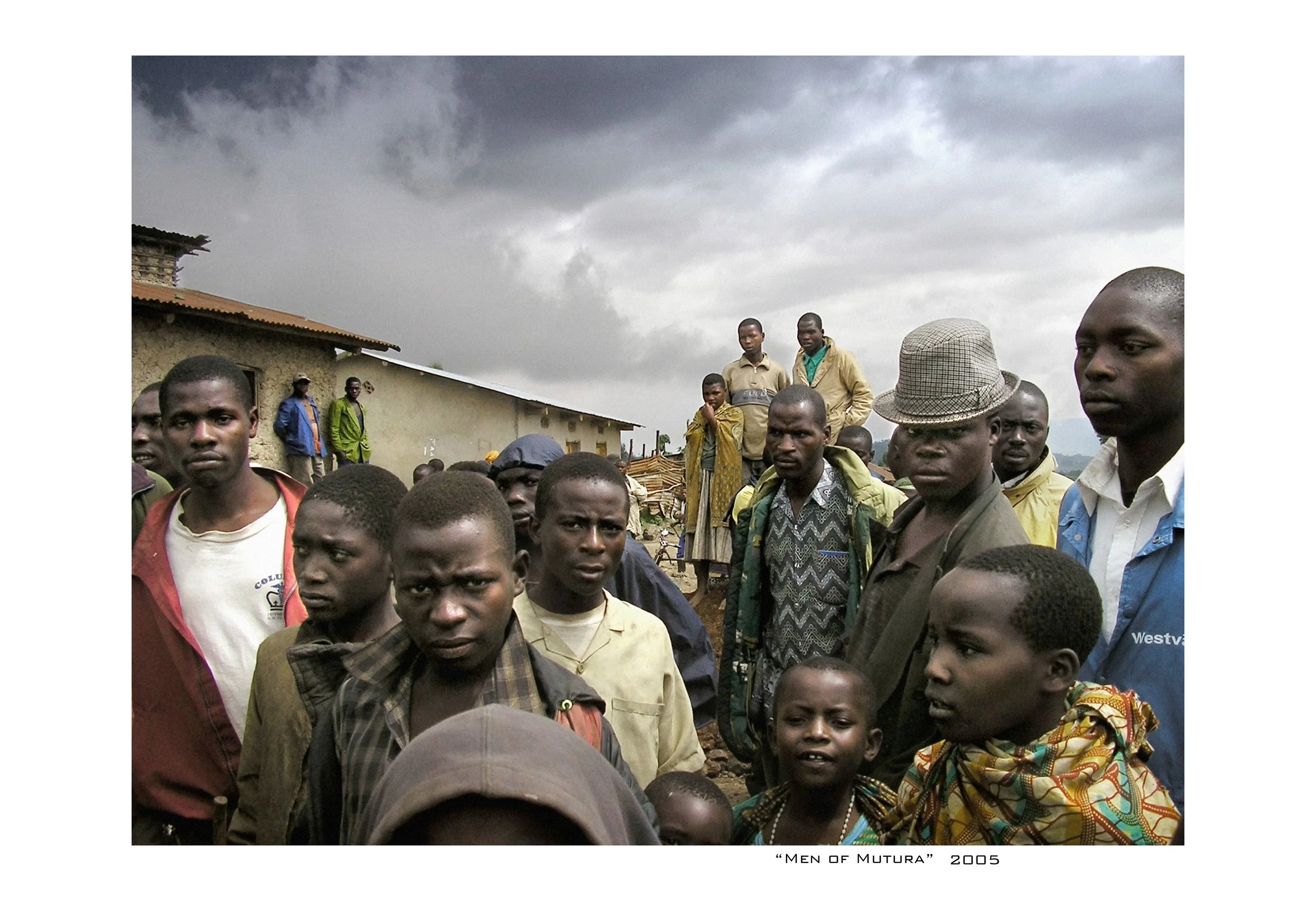
It All Begins Here
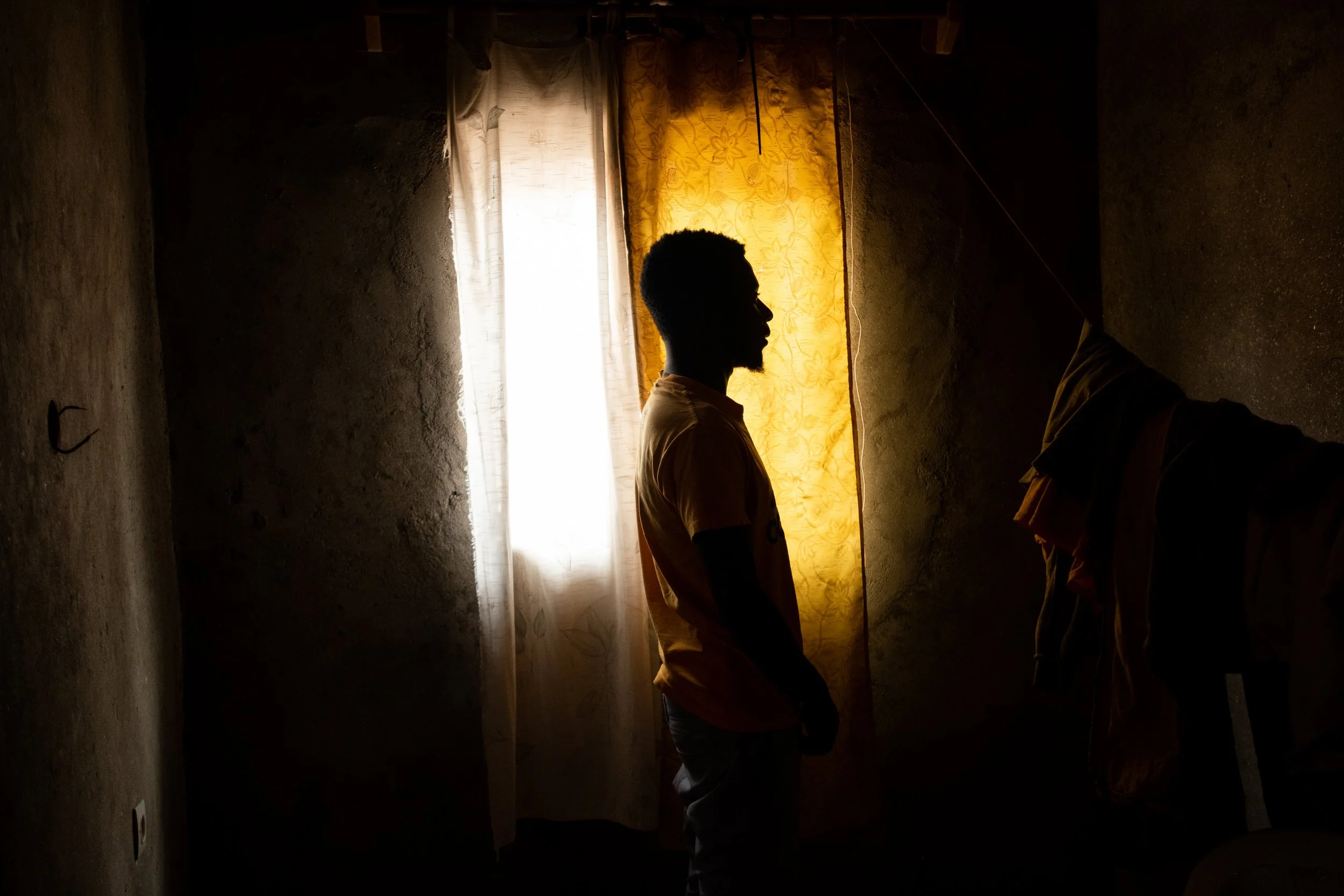
It All Begins Here
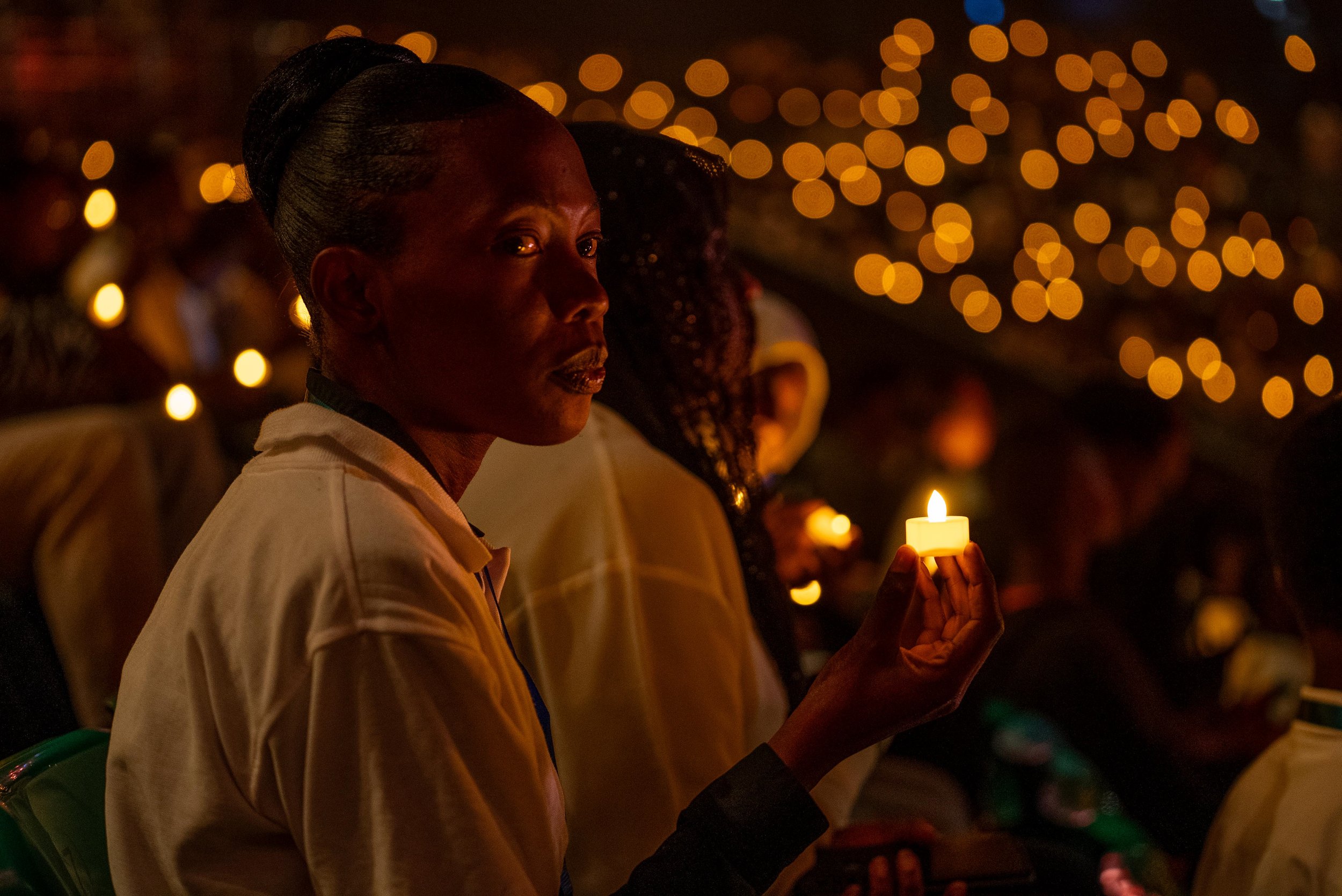
It All Begins Here
Growing up without my parents’ love shaped the stories I tell. Through my lens, I explore resilience, identity, belonging, and the human connections that transcend difference—giving voice to those often unseen. From independent projects to editorial assignments, I document social issues, culture, and development across Rwanda and East Africa. Photography is my lens into the world. I invite you to explore my work, collaborate, or share in the stories of the people I photograph. Contact me to connect or feature my work.
"Our differences will live with us till the end of time, but they shouldn't be the source of strife and stigma."
